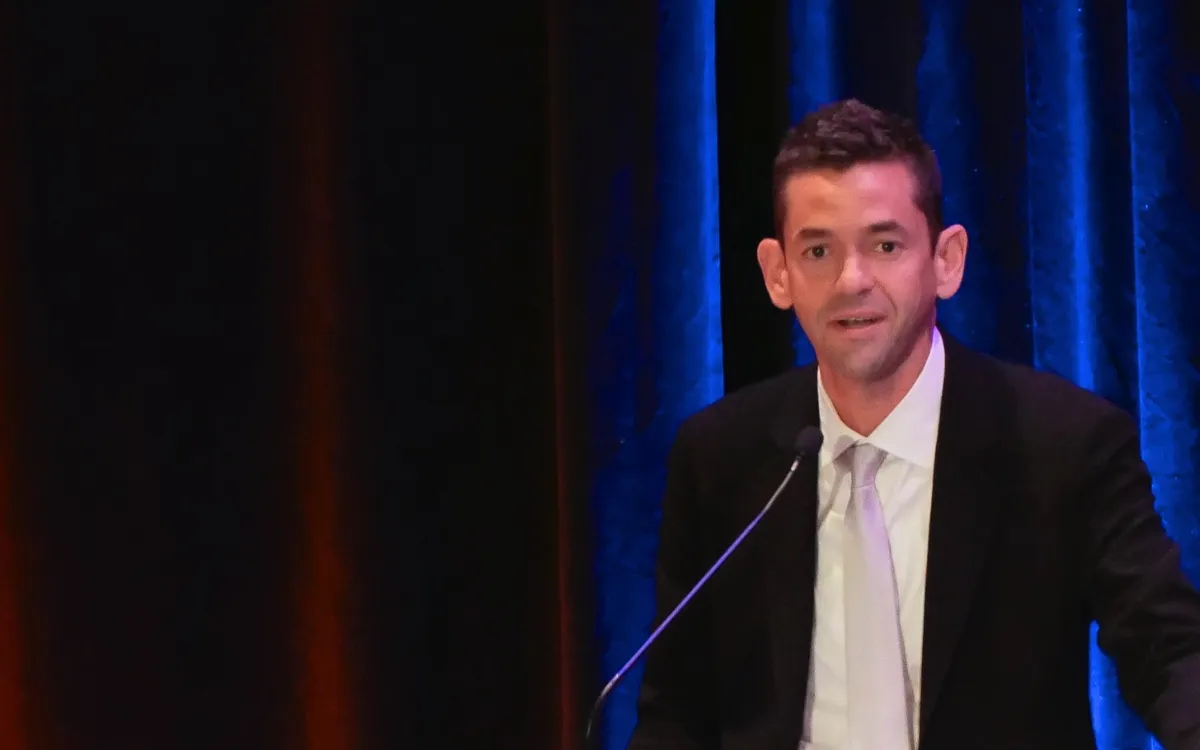
In a recent address at the International Space Development Conference in Orlando, Florida, former NASA administrator nominee Jared Isaacman expressed his intentions to pursue ambitious goals for space exploration beyond his time at the agency. Isaacman, who received the prestigious Wernher von Braun Award from the National Space Society on June 21, is gearing up for the Polaris Dawn mission, a private astronaut venture scheduled for September 2024 that he will command.
Isaacman's award ceremony marked one of his first public appearances following the White House's withdrawal of his nomination to lead NASA just three weeks earlier. During his speech and subsequent fireside chat at the conference, he chose to focus on his extensive spaceflight experiences rather than delve deeply into the details of his nomination. However, he did touch upon his aspirations for the agency in a podcast earlier this month.
Isaacman emphasized the need for NASA to concentrate on “needle-mover” programs that have the potential to significantly impact space exploration, while also working to reduce bureaucratic obstacles. He explained that if he had been confirmed as NASA administrator, his primary goal would have been to inspire the agency to tackle the "near-impossible" challenges in space.
Among his key priorities, Isaacman highlighted the importance of returning humans to the moon and paving a pathway for future missions to Mars. He also advocated for investment in nuclear electric propulsion (NEP), a crucial technology he believes is essential for successful Mars exploration. Isaacman proposed transitioning the focus of the Space Launch System (SLS) towards NEP, as he sought to phase out the SLS.
Another significant aspect of Isaacman’s vision for NASA was promoting partnerships with academic institutions to enhance funding and support for scientific missions. “My priorities would have been leadership in space and the orbital economy,” he stated. He expressed interest in testing the feasibility of funding innovative robotic missions in collaboration with top-tier academic organizations.
The withdrawal of Isaacman’s nomination came shortly after NASA unveiled its detailed fiscal year 2026 budget proposal, which aims for a nearly 25% reduction in overall spending, targeting significant cuts in science and space technology programs. Notably, the budget eliminated funding for nuclear propulsion projects, deeming them costly and long-term investments without immediate application for deep space missions.
Despite the budgetary challenges, Isaacman remains optimistic about the future of space exploration. He acknowledged the public's rightful concern regarding budget cuts but insisted that this period could be the most promising for human spaceflight since the 1960s. “You’re going to see this is the best time in human spaceflight,” he remarked, referencing the substantial financial commitments from wealthy individuals, including Elon Musk and Jeff Bezos, to expand capabilities in space.
Isaacman's Polaris Dawn mission is just the first of three planned missions he intended to fund prior to his nomination. Following the withdrawal of his nomination, he is currently taking time to reconnect with his family, cherishing a break from work that he hasn't had since he was 16. Nevertheless, he hinted at the possibility of returning to space, stating, “I don’t think I’ve flown my last mission, but I’m not necessarily sure exactly what form that may take.”
As Jared Isaacman continues to explore opportunities in space exploration, his commitment to advancing the frontiers of science and technology remains unwavering, promising an exciting future for both private and public space initiatives.